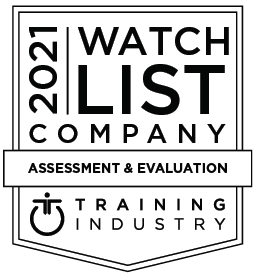Years ago, I had the chance to be coached by a well-respected professional in my field. At the end of the day, I was poised with pen in hand to capture his wise counsel.
Then, he simply said: “Just say less!” He followed that up by saying, “More words are not an indication of more thought. They are an indication of less thought.”
In the years since then, I’ve come to fully realize the value of this advice. When I’m listening to someone who is thoughtful, clear, and concise, I understand their message more easily. I also assess them as better communicators than colleagues who ramble on…and on and on.
Like any good advice that’s simply stated, it’s not always easy to implement. Here are three suggestions for you, as you strive to “Just say less!”
(1) Think before you speak. Have you ever noticed people who talk by thinking out loud? They repeat themselves, correct themselves, and ramble.
Take a few minutes before any important communication to ask yourself:
- What would I like to accomplish in this meeting?
- What does my listener need?
- What is the “must know” information I want to share?
Try to limit yourself to two or three topics for discussion. If listeners need more detail, they’ll ask.
(2) Check in with your listeners.
Take the time to verify that your understanding of what listeners need aligns with what you plan to deliver. It’s much better to do a course correction early on!
Stop frequently to ask for input, answer questions, or ask thought-provoking questions of listeners to promote discussion. Communication is always better when it’s two-way.
(3) Finish early!
I’ve rarely heard anyone complain when a meeting finishes a bit ahead of schedule. Many times, however, I’ve seen eyes roll and heard loud sighs when a meeting ran long.
Finishing on time or even a little early shows your respect for others’ time.
It also provides an opportunity for informal discussion and action planning, which is so important to the implementation of great ideas.
Put simply, the best communicators are concise, clear, and listener-focused. As you begin the practice of just saying less, I hope you find these tips helpful.
Do you want to build a workforce of communicators who are clear, concise, and listener-focused? Browse Mandel’s Think and Speak for Results™ Communication Training Workshops.
Mandel helps organizations achieve their goals through effective training that helps people think through what they want to say as well as develop the skills for how to say it — whether in the boardroom, the briefing center, at your annual user conference, during a customer presentation, or simply in the meeting rooms and hallways of your office.










